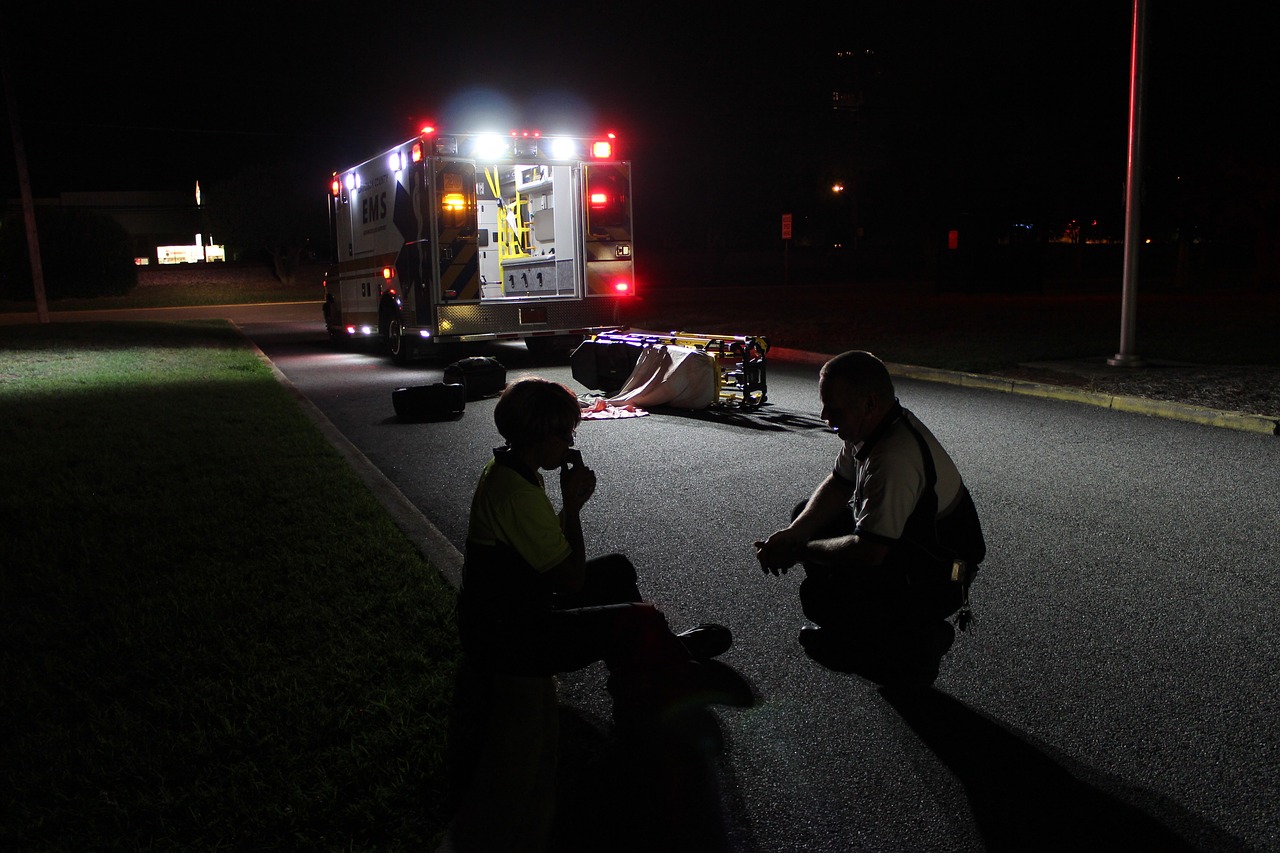
Post-traumatic stress disorder (PTSD) is a truly terrible blight on the mental health landscape of Australia, and in many countries around the world. It is a problem most commonly linked with soldiers and other ex-military personnel, and while it does affect them disproportionately it should not be considered a uniquely “military” disorder.
When you are a PTSD sufferer, it can be hard to know exactly how to deal with it. Besides stigmas that surround general mental health issues, PTSD is also quite a delicate matter that can get out of hand when it’s not dealt with in a productive and healthy way. If you want help better managing your PTSD symptoms and other impacts, then here are some ideas to assist:
1. Reach Out to Professionals
People will always advise you to book a session for dealing with PTSD, but it’s really easier said than done. One problem that PTSD sufferers frequently share is that they feel quite strongly that no one, not even trained professionals, are capable of fully comprehending what they have been through, and thus are skeptical about their ability to help.
Taking that first step to getting a professional on-side is therefore challenging. If you can reach out, however, you will quickly discover that the impartial perspective of a therapist is invaluable, not to mention the many techniques they can help you learn to manage your PTSD symptoms more effectively.
2. Read Everything You Can On Trauma and PTSD
Educating yourself on your own condition can be a big part of overcoming it. So much of what affects us in PTSD is connected with our lack of understanding of it. Panic attacks overwhelm us because we don’t know exactly what’s happening to us. Stress dreams and flashbacks disturb us because we don’t know how to quantify or explain what’s going on in our heads. Improving your knowledge of the disorder — supported by a qualified therapist, wherever possible — is the path to a more enlightened view.
3. Steer Clear of Alcohol and Drugs As Much As Possible
Taking drugs or drinking excessively are frequently used by sufferers of PTSD as methods of escape from the condition. If you’re serious about overcoming your symptoms and condition in any kind of meaningful way, then you have to fight hard to do it without the twin dopamine crutches of drugs and alcohol.
Having a drink when you’re experiencing the worst side of your PTSD might seem to work at first. The pleasurable dopamine hit we get seems to reassure us that we’re doing the right thing but we’re not. The only likely result will be addiction to these substances, and increasing abuse of them as you try to mask worsening symptoms faster and faster.
4. Learn About Relaxation with an Open Mind
You might not have always thought much of practices like meditation, breathing exercises and other relaxation techniques, but when you’re a PTSD sufferer, they can really help a great deal. Start with a smartphone app like Calm or another similar one that contains meditation sessions, relaxation stories, soundscapes and more. It’s incredible what effect someone with a calming voice reading a familiar novel can have on your body and mind, you really have to try it yourself to really see.
5. Practice Patience and Self-Reassurance
Next, you should remember that recovering from something as serious as PTSD won’t happen overnight. There is no silver bullet; no magical cure to make it just vanish. When you’ve experienced a traumatic event, it can take years to process, and that’s alright. If you can reassure yourself that you’re on the right path, doing the right kinds of things, avoiding harmful vices, and taking positive steps to regain your true self, then that will keep you going.